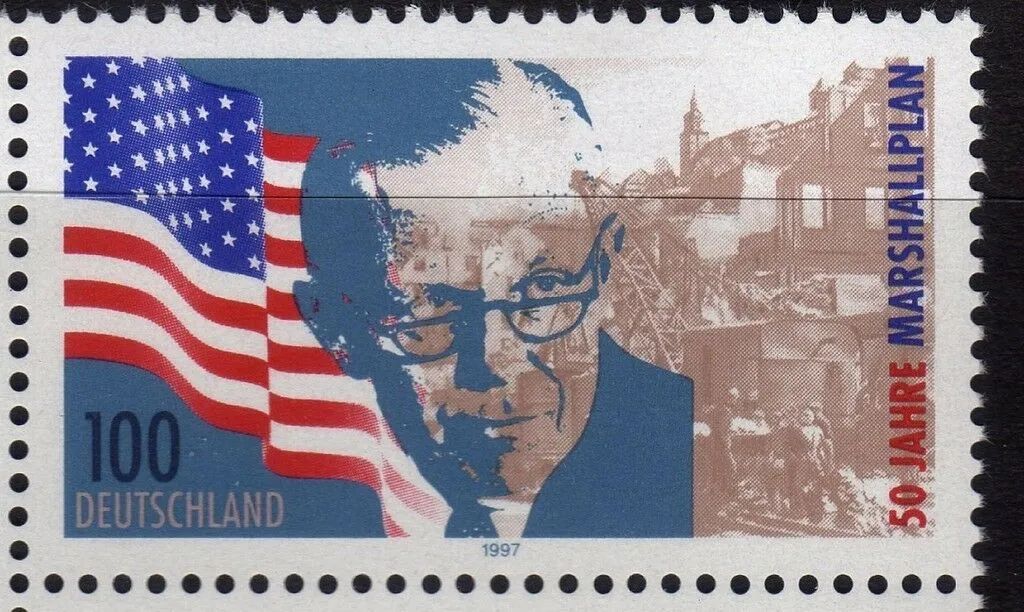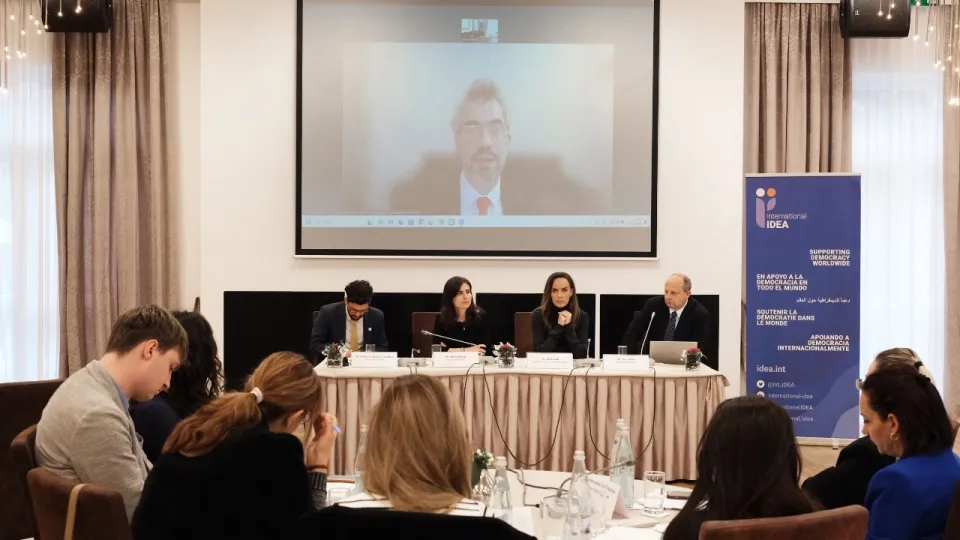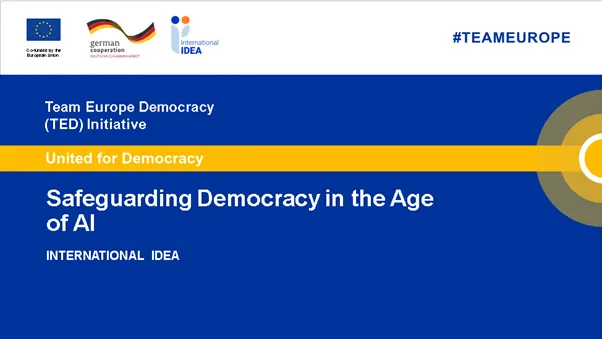Building Global Support for Ukraine: Debt and Democracy

The Russian invasion has done historic damage to the Ukrainian economy, and it has become conventional wisdom that the scale of devastation necessitates a concerted, international rebuilding effort on par with the Marshall Plan. But as Adam Tooze argues, what made the Plan so effective was not the amount of financing involved, but a long-term political commitment which prevented it from descending into “a free-for-all for ‘disaster capitalism’, something to be exploited by Western contractors and local oligarchs.”
Unspooling precisely what this commitment entails can be tricky, but a useful way to begin is through debt. Ukraine’s external public debt stands at $57 billion, $22.7 billion of which is held by private borrowers in the form of Eurobonds. In efforts to stay in good standing with its creditors, Ukraine has continued to make bond payments throughout Russia’s full-scale invasion; as these payments are financial resources that could be going to Ukraine’s military defense or social spending, activists have responded with calls for the World Bank and IMF to cancel Ukraine’s debt outright, while more moderate academics have laid out plans for a carving out an exception for Ukraine to enable a wholesale debt restructuring. Any such effort would require significant coordination between governments (primarily the US and UK) who regulate financial centres, including pressuring private creditors to ensure their cooperation.
The Covid-19 pandemic and accompanying global recession recently provided a test case of the latter approach. The sudden stop to economic activity in early 2020 meant that dozens of countries in the Global South suddenly, and through no fault of their own, were faced with a choice between funding a proper public health response to the pandemic and making bond payments to international creditors.
Unfortunately, the Debt Service Suspension Initiative (DSSI), an agreement to suspend payments on publicly-held debt and call on private bondholders to do the same, lacked the required legal or political leverage to compel private creditors to participate, and a lobby group representing private creditors responded by threatening to lock debtor countries who chose to participate out of capital markets. Ratings agencies doubled down, warning that participation in the DSSI would result in a credit downgrade. Lacking the requisite political support from western governments to make participation feasible, nearly all eligible countries declined to join the DSSI and the program ended a . Indeed, “by continuing to service the debt held by private finance ‘partners’, poor countries chose to prioritize social pain at the height of a pandemic for the elusive promise of future SDG-related inflows.”
A political commitment to protect the seventy DSSI eligible countries was there, but dissipated in the face of a stronger commitment to protect the legal status quo - or more crassly, profit margins - in western financial centers. For Ukrainians, this has echoes of 2014, when a previous wave of western commitments to deal with corruption and cronyism in the country crashed against a wall of offshore bank accounts, shell companies, and London post office boxes. President Zelenskyy’s and thirty-seven other Ukrainian politicians’ names appeared in the Panama Papers, but the phenomenon of offshore wealth and financial secrecy are global problems necessitating a global solution. To focus on the role of individual Ukrainians is to lose the forest for the trees.
For a Marshall Plan for Ukraine to succeed, it must include efforts to rein in the ability of private bondholders to use western legal systems to squeeze much-needed capital and assets out of Ukraine, or any other poor or developing country. Addressing the role of western financial services firms in facilitating the swift and secretive movement of assets and capital around the world is equally vital, and in a warming world of renewed great power competition that will require more responsive and democratic governments worldwide, for many countries beyond Ukraine.




